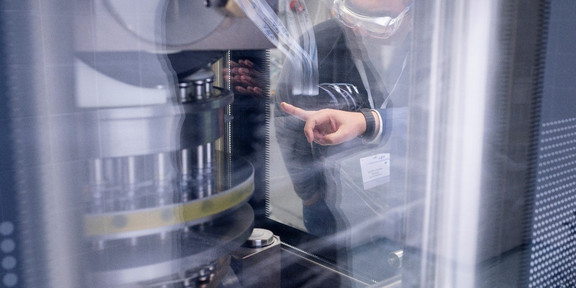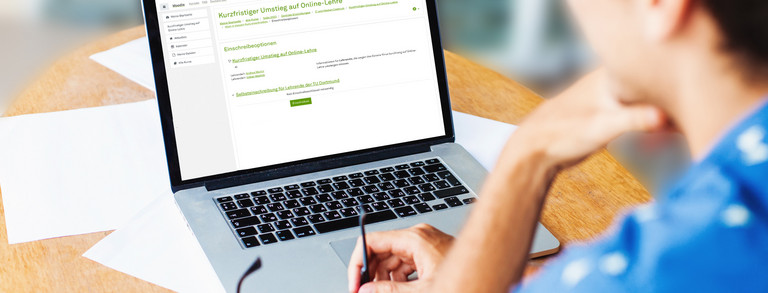3rd APV Expert Workshop Tableting

On 24th and 25th September 2024, 63 participants came together at the event to find out about current developments in the world of tableting. Renowned scientists as well as experts from the industry were invited as speakers to report on their theoretical findings and practical experience. At the same time, the participants were able to experience a total of 4 running tableting presses from leading companies in this field live in action during the practical part of the workshop in the technical center halls of the FSV chair and compare them directly with each other.
New insights into the manufacture of tablets
Tablets are the most important form of medication for the treatment of a variety of diseases and are highly accepted by patients. However, the formation mechanisms in the associated manufacturing processes, which were established more than 120 years ago, are still not fully understood today. Furthermore, the demands on this traditional dosage form are constantly increasing due to new possibilities in pharmacotherapy and changes in social challenges.
On September 24 and 25, over 50 scientists gathered at the University of Dortmund to learn about and exchange information on new technical developments in the production of tablets. The “Arbeitsgemeinschaft für Pharmazeutische Verfahrenstechnik” (APV) and Prof. Markus Thommes' Chair of Solids Processing Technology at the Faculty of Biological and Chemical Engineering at TU Dortmund University were responsible for organizing this event in close cooperation. The program of this workshop included lectures, discussions, an exhibition and practical demonstration experiments.
Renowned scientists in Prof. Göran Alderborn (Uppsala, Sweden), Prof. Pierre Tchoreoff (Bordeaux, France), Prof. Arno Kwade (Braunschweig, Germany), Prof. Frantisek Stepanek (Prague, Czech Republic), Prof. Ossi Korhonen (Kuopio, Finland) and Dr. Jan Hendrik Finke (Braunschweig, Germany) were invited as speakers for the theoretical part of the workshop. They gave lively presentations on new developments in the field of tableting from a scientific perspective. Further presentations were given by experts from the pharmaceutical industry, device manufacturers and excipient suppliers. The focus here was on practical topics such as quality assurance and development concepts. A lively and in-depth panel discussion as well as personal discussions during the breaks or the joint dinner in the brewery rounded off this program.
The highlight and unique feature of this workshop was the presentation of rotary tablet presses from four well-known manufacturers (Fette, Kilian, Korsch, Syntegon) in operation. For comparison purposes, demonstration tests were carried out with different process parameters and output rates of up to 150,000 tablets per hour for three different challenging powder mixtures. This allowed the participants to examine each machine individually in small groups, while important quality characteristics of the tablets produced were measured at the same time. The results were presented at the end of the workshop by Prof. Peter Kleinebudde (Düsseldorf, Germany) and intensively analyzed and discussed with the machine exhibitors. Through the skillful use of custom-made stirrer blade fillers, tapered dies and external lubrication, different strategies could be learned to address undesired material properties.
Although tablets are very common and inconspicuous in drug therapy, there have been many advances in tableting technology over the last decade. These innovations in device design, characterization, materials science and process understanding are enabling the adoption of new challenges in the future processing of new drug substances. The format of this workshop and the high number of participating experts made this event an extraordinary success, which was confirmed by the desire of some participants to repeat it in the near future.

